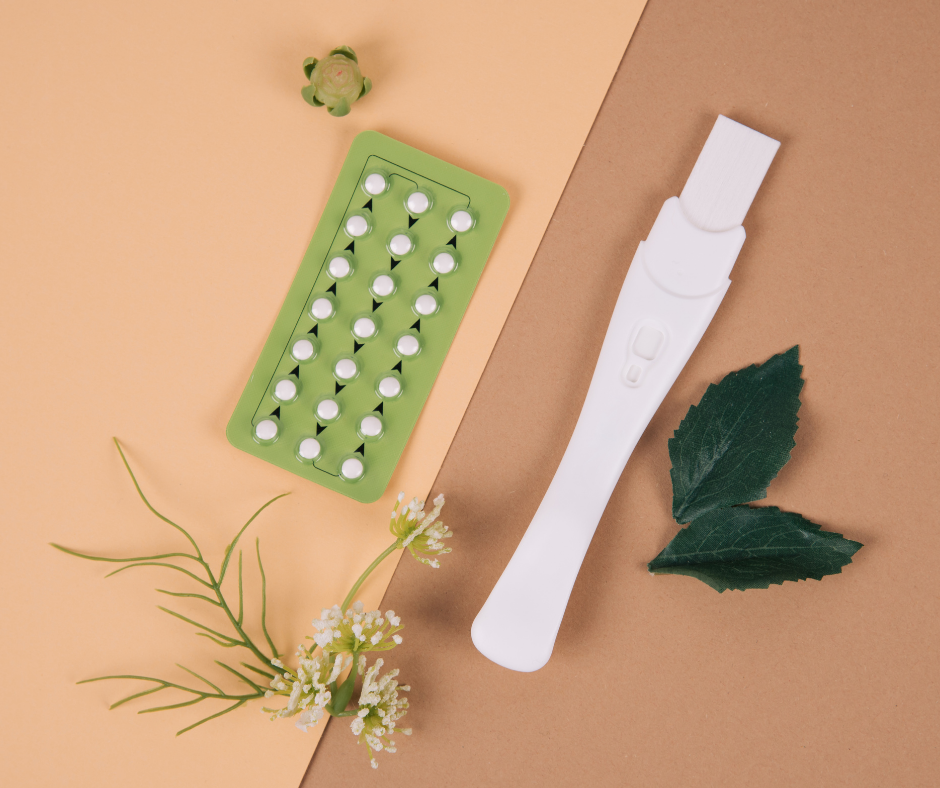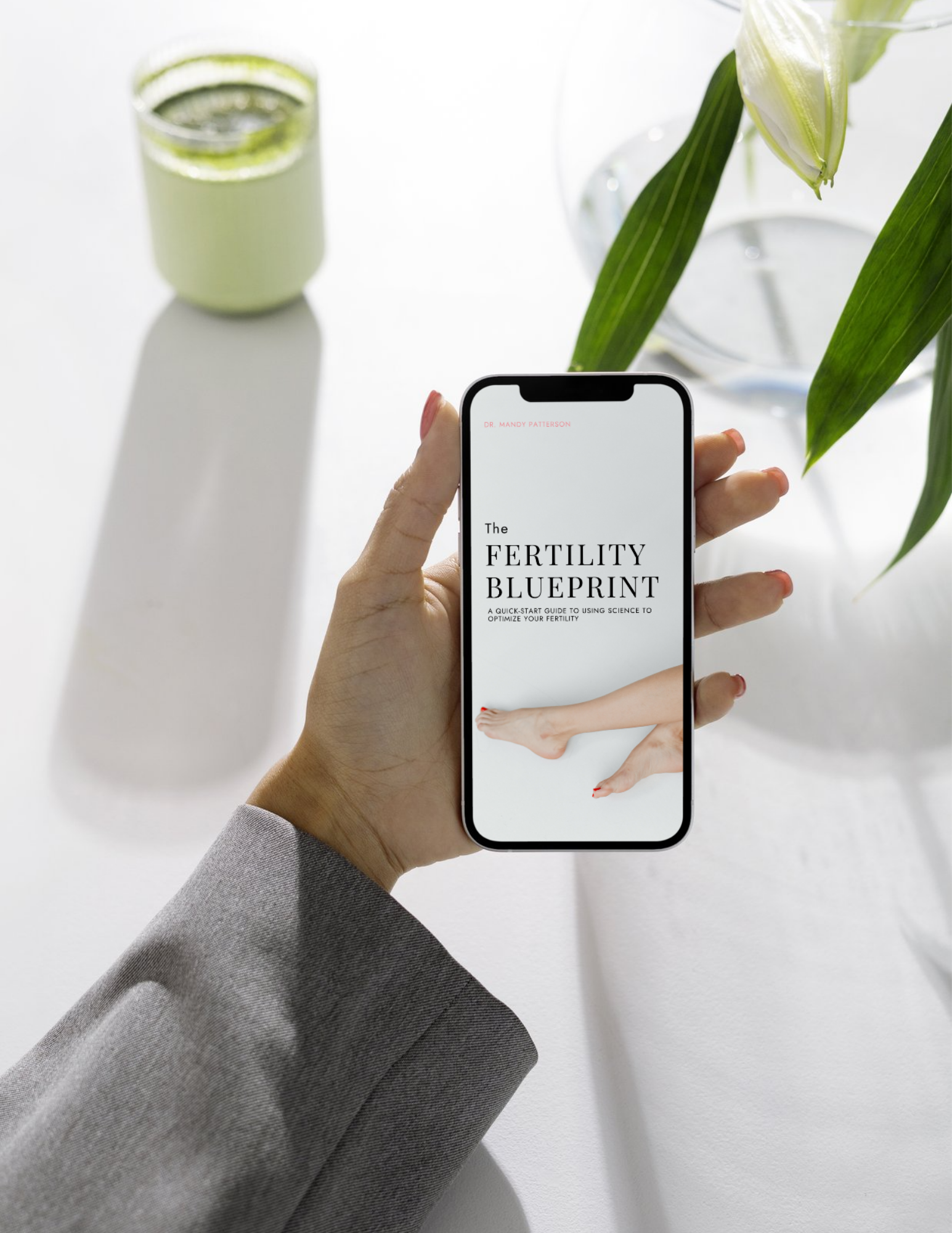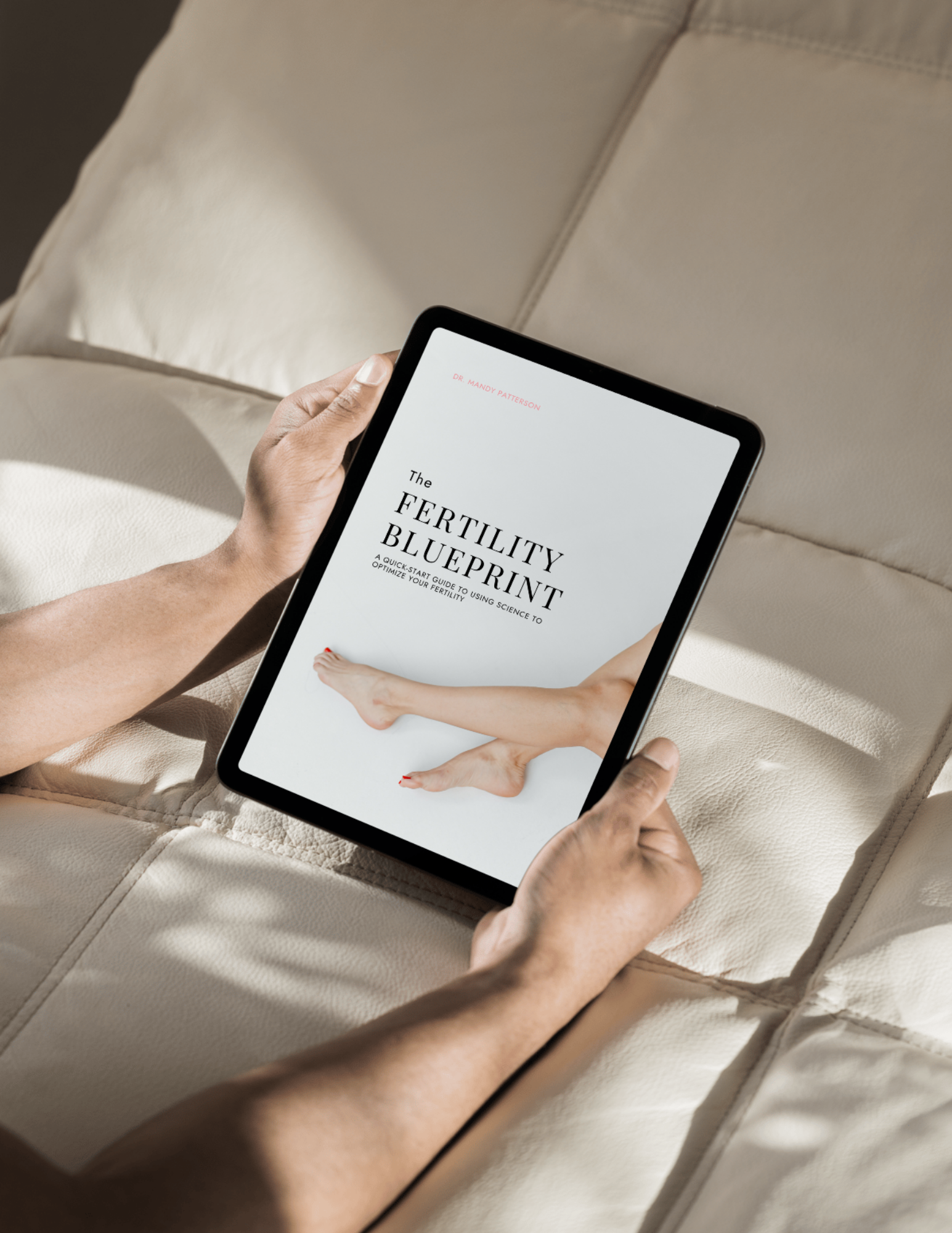There are a lot of reasons women choose to stop taking hormonal birth control, but the transition can be difficult. If you’re like most females, you’ve been taking birth control since your early teens and haven’t had a period for months, maybe years! Unfortunately, you may be in for a rude awakening. Post-birth control syndrome usually hits 4-6 months after stopping the pill and includes symptoms that range from amenorrhea (total period loss) to hair loss and anxiety.
This can be extremely frustrating, especially for women who stopped taking the pill because they want to get pregnant. Even if pregnancy isn’t in your plans, amenorrhea isn’t good for your overall health.
It often takes diet, supplements, exercise, and lifestyle changes to get your health back and get over post-birth control syndrome. Here is what we will cover in this article:
- What is Post Birth Control Syndrome?
- Symptoms of Post Birth Control Syndrome
- How Long Does It Take To Regulate Your Hormones After Birth Control?
- How to Heal From Post Birth Control Syndrome
- Replenish Your Macronutrients
- Optimize Your Circadian Rhythm
- Heal Your Gut
- Detox Your Liver
- Manage Your Stress Levels
- Work With A Holistic Health Coach
What is Post Birth Control Syndrome?
Post-birth control syndrome is a set of symptoms that occur after you stop taking hormonal birth control. You could have stopped taking the pill or any other form of hormonal contraceptives like an IUD, implant, or ring.
Symptoms usually set in within 4 to 6 months, but you could experience them as early as one month after stopping!
You may not have heard of post-birth control syndrome before because many doctors don’t like the term syndrome and consider the symptoms you experience to be your body’s return to its natural self.
Let me be the first to tell you that your symptoms of anxiety, hair loss, bloating, and acne DO NOT have to be your “natural self.”
There isn’t much research on post-birth control syndrome but Dr. Aviva Romm and Dr. Jolene Brighten have both written extensively on the topic. Also, we do have research on the fact that oral contraceptive leads to nutrient depletion and there is an association between birth control and affective disorders like depression.
The fact of the matter is that a lot of women turn to birth control for issues that should never be treated by hormonal contraceptives. Things like PCOS, endometriosis, and autoimmune disease are often left undiscovered, undiagnosed, and untreated. Then, when women stop taking the pill, symptoms from those diseases come roaring back to life.
RELATED: HOW TO BALANCE YOUR HORMONES (WITHOUT USING BIRTH CONTROL)
Symptoms of Post Birth Control Syndrome
The typical symptoms of post-birth control syndrome include the following:
- Acne, cystic acne, rosacea
- Amenorrhea
- Blood sugar dysregulation
- Depression
- Anxiety
- Changes in bowels
- Hair loss
- Headaches
- Heavy, painful periods
- Gas or bloating
- Gut dysbiosis
- Inflammation and other immune imbalances
- Leaky gut
- Migraines
Like I mentioned above, you may very likely have been experiencing these symptoms before getting on birth control. Read the next section to learn what that means for you!
How Long Does It Take To Regulate Your Hormones After Birth Control?
Regulating your hormones after birth control can be a lengthy process for several reasons. Your symptoms have a root cause, and oftentimes that root cause originated before birth control was introduced.
You see, birth control was designed to deliver you enough hormones to shut down your reproductive function. They stop your brain from communicating with your ovaries to stop ovulation and introduce synthetic hormones into your system. Your brain is tricked into thinking there are enough of the reproductive hormones in your system and actually stops making them entirely.
This is great if you’re trying to prevent pregnancy, however, long-term suppression of the reproductive system can’t fix the true issues you’re facing.
Sure, maybe your skin and periods get better, but the cause of those problems isn’t addressed by birth control.
Here are a few examples to help you understand:
- Heavy periods – could be a thyroid disorder or anemia
- Painful periods – could be endometriosis
- Irregular periods – could be PCOS
How to Heal From Post Birth Control Syndrome
You’re probably wondering now what? How do I heal my body from post-birth control syndrome and get my hormones under control? While it may take time, there are steps you can take to heal from post-birth control syndrome!
Replenish Your Macronutrients
Birth control depletes your body of key nutrients like folate, B12, B2, B6, Selenium, Vitamin C & Vitamin E. Supplementation and a nutrient-dense diet are critical to replenishing your levels of macronutrients. You may want to consider getting comprehensive lab work done to identify exactly what nutrients your body needs.

Nutrient rich and healthy balanced diet is essential in replenishing your body with the right amount of macro nutrients.
Optimize Your Circadian Rhythm
Circadian rhythms affect all endocrine hormone secretions, including melatonin, cortisol, thyroid-stimulating hormone, growth hormone, prolactin, follicle-stimulating hormone (FSH), luteinizing hormone (LH), insulin, and leptin. If these hormones aren’t being released at the appropriate times, the reproductive system won’t be getting the proper signals that are needed to regulate the menstrual cycle.
Practice good sleep habits to optimize your circadian rhythm and help balance your hormones.
Heal Your Gut
Birth control may disrupt your normal gut flora and lead to overgrowths of harmful bacteria and yeast. You may even experience leaky gut or intestinal permeability. Your body depends on your gut to remove excess hormones so restoring your gut health is critical to balancing your hormones.
Detox Your Liver
Speaking of removing excess hormones, your liver is responsible for processing and readying estrogen for removal from the body. Excess estrogen can lead to estrogen dominance. You can support your natural detox pathways by eating liver-friendly foods like beets, carrots, kale, and broccoli, and reducing or eliminating alcohol and unnecessary pharmaceuticals.
Manage Your Stress Levels
Managing your stress levels is another important part of balancing your hormones. Chronic stress causes hypothalamic–pituitary–adrenal (HPA) axis dysregulation, which is also known as “adrenal fatigue.” The hypothalamus and pituitary gland are both necessary for regulating your menstrual cycle. Yoga, meditation, journaling, deep breathing, and exercise are all great methods for managing stress.
Work With A Holistic Health Coach
Maybe these steps all sounds good to you but you don’t know where to start. You feel like you’re suffering from post-birth control syndrome but you also have a sinking suspicion that there is an underlying cause to your symptoms like PCOS or a thyroid disorder.
If that sounds like you reach out to me! As a Certified Holistic Health Coach and Doctor of Naturopathy, I use extensive lab testing to get to the root cause of your symptoms. Then, I create a personalized treatment protocol and guide you every step of the way. We’ll work together to get you back to a level of health that brings you joy and happiness!
If you’re interested in a holistic, integrative approach to health, reach out to me!
Mandy Patterson


















